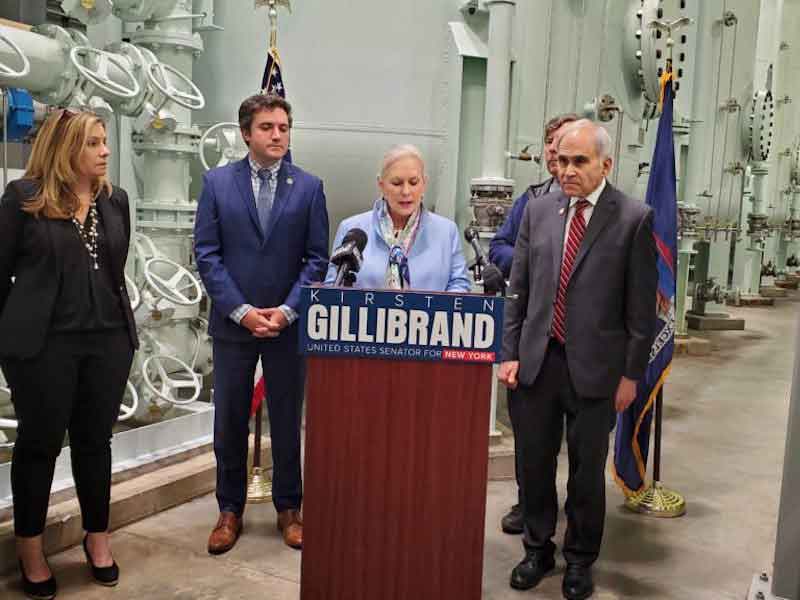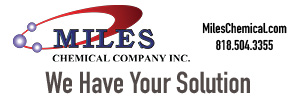U.S. Senator Kirsten Gillibrand (D-NY) and Representative Chris Pappas (D-NH) announced plans to introduce the bicameral Clean Water Standards for PFAS 2.0 Act to further regulate PFAS.
The bill includes nine priority industry categories to further expand on current EPA standards. These priority industry categories including the electroplating industry.
The bill would set deadlines for the Environmental Protection Agency (EPA) to develop water quality criteria and limits on industrial PFAS discharges into water and to water treatment plants.
Senator Gillibrand says the Clean Water Standards for PFAS 2.0 Act would require EPA to develop water quality criteria for all measurable PFAS or classes of PFAS, and develop effluent limitations guidelines and standards for all measurable PFAS or classes of PFAS. This updated legislation sets deadlines for these criteria and limits within the next few years, in accordance with the EPA PFAS Roadmap.
This includes establishing pretreatment standards, which are a type of effluent limitations guideline and standard, to prevent the introduction of PFAS into publicly-owned water treatment facilities, therefore helping stop PFAS at the source before it gets into the municipal water system.
“It is unacceptable that not just across New York State, but in every state across the country, communities have had their water supplies needlessly polluted by toxic PFAS chemicals,” says Senator Gillibrand.
Congressman Pappas says the dangers posed by forever chemicals such as PFAS is one of the most pressing environmental and public health issues facing us today.
“Despite knowing about the dangers they’ve posed since at least 1998, the EPA has still failed to take meaningful action to keep these toxic, ‘forever chemicals’ out of our water,” Pappas says. “No industry should be given a free pass to poison our water, and no family should ever have to wonder whether their drinking water is safe when they turn on the tap. The Clean Water Standards for PFAS Act will finally take action to hold polluters accountable, establish proactive limits for PFAS, set water quality criteria, and support communities with contaminated water. I am proud to re-introduce this legislation today, and will keep fighting to protect our water until it is enacted into law.”
The bill includes nine priority industry categories to further expand on current EPA standards. These priority industry categories include: organic chemicals, plastics and synthetic fibers (OCPSF); pulp, paper, and paperboard; textile mills; electroplating; metal finishing; leather tanning and finishing; paint formulating; electrical and electrical components; and plastics molding and forming.
The bill would also authorize $200 million per year in grants to assist Publicly Owned Treatment Works with program implementation, which would be appropriated through Fiscal Years 2022-2026.



































